Ah, the 90s. A decade when the future seemed bright, technological modernity was pregnant with promise, and Britannia was revelling in a rediscovered sense of cool. The pop-culture emblem of this was Britpop.
After the economically turbulent 1970s and the intense industrial restructuring of the 1980s, Britpop bands hearkened romantically back to the 1960s with a reimagining of a swinging Britain as the place to be.
Looking back on Britpop today echoes something of what those bands were themselves doing: peering across three decades of cultural and technological change.
Britpop was a preface to what cultural critic Simon Reynolds later called “retromania”, a pop culture obsessed with its own archaeological detritus. Reynolds, along with despondent contemporaries like the late Mark Fisher, were critics of a future irreverently assembled within a growing repository of the past.
Against the grain of Britpop’s 1960s upcycling, however, were Pulp.
After a big breakthrough in the 90s, Pulp were strongly associated with the retro-maniacal, “hey look, Britain still swings” Britpop era. Unlike the Blurs and Oases of the time, though, Pulp had traipsed their way through the decidedly unswinging 1980s indie scene. They shunned the tropes of repurposed mod fashions and appeals to the spirit of John Lennon, and some of their lyrics even read like critiques of Britpop’s cultural romanticism.
For example, in Common People the band caution that working-class life is not an opportunity to indulge in immersive performance art. Between the lines of Disco 2000, meanwhile, is a musing on how weird it would probably feel to revisit the past at some point in the future.
Pulp sang in counterpoint to their contemporaries, offering something different to the flaccidly nationalistic, wistful nostalgia common among the other acts of the time.
And now, returning with More, their first album since Britpop, how might Pulp reflect upon our experience of the present? A time in which digital media has etched deep divisions across society and the only surety seems to be socioeconomic uncertainty. Amid all of this, Brexit Britain doesn’t feel so cool any more.
If the lead single, “Spike Island”, is anything to go by, it looks like the retro-maniacal Britpop ethos might have registered belatedly with the band.
The sonic vocabularies of britfunk, disco and early indie converge in a texture of juicy synth bass, lively hand claps and sharp, edgy guitar sounds. These musical components are roughly contemporaneous with Pulp’s formation in 1978, but the pristine 21st-century production quality assures us we are listening in the present.
Lyrically, meanwhile, singer Jarvis Cocker seems to be reaching through the disastrously absurd cultural kaleidoscope of the 2020s in search of something more certain, back in the 90s perhaps.
Here, the refrain “Spike Island come alive” references a concert by Manchester indie band The Stone Roses, which became mythologised in British music history.
Held in 1990 on Spike Island in Widnes, Merseyside, the gig was a makeshift, outdoor, all day event, which attracted around 27,000 people. The warm up acts were back to back DJs, creating a rave atmosphere ahead of the band’s headlining show. This combined two of the currents that set Britain’s 1990s cultural optimism in motion: rave culture and “madchester”, a musical and cultural movement born in Manchester in the late-80s. Madchester birthed bands like The Stone Roses and The Happy Mondays, who injected indie rock with a rave-like hedonism.
By referencing the concert, Cocker effectively romanticises a time three decades gone, just as Britpop did its peak. The Spike Island concert, where rave and madchester met, represents a twin-headed crest of pop-culture. The pent up energy of this swept through the 90s with a wave of promise before it abruptly met the epochal breakwater of 9/11 and sluiced terminally into the bottomless drains of social media.
In the way it looks back on more jubilant times, Spike Island suggests the return of Pulp in a spirit more wistfully Britpop than the band were back in the day. What could reviving the essence of Britpop mean in 2025 when comparing the climate with the heady optimism that carried the movement 30 years ago?
Like Pulp, Gen Z are nostalgic for the 90s, a now mythical period that predates many of their births. From the vantage point of 2025, the 90s perhaps seem simpler, cooler and rather more stable socially and economically.
In a world now saturated by the distractions of digital media, it might be a stretch to hope for a 1990’s style period of collective optimism anytime soon. The sounds of that decade echo on, though. Maybe with More we can join Pulp for a moment in briefly reanimating the spirit of a time when the winds of change felt like they were blowing in a rather more positive direction.
More by Pulp will be released on June 6, 2025
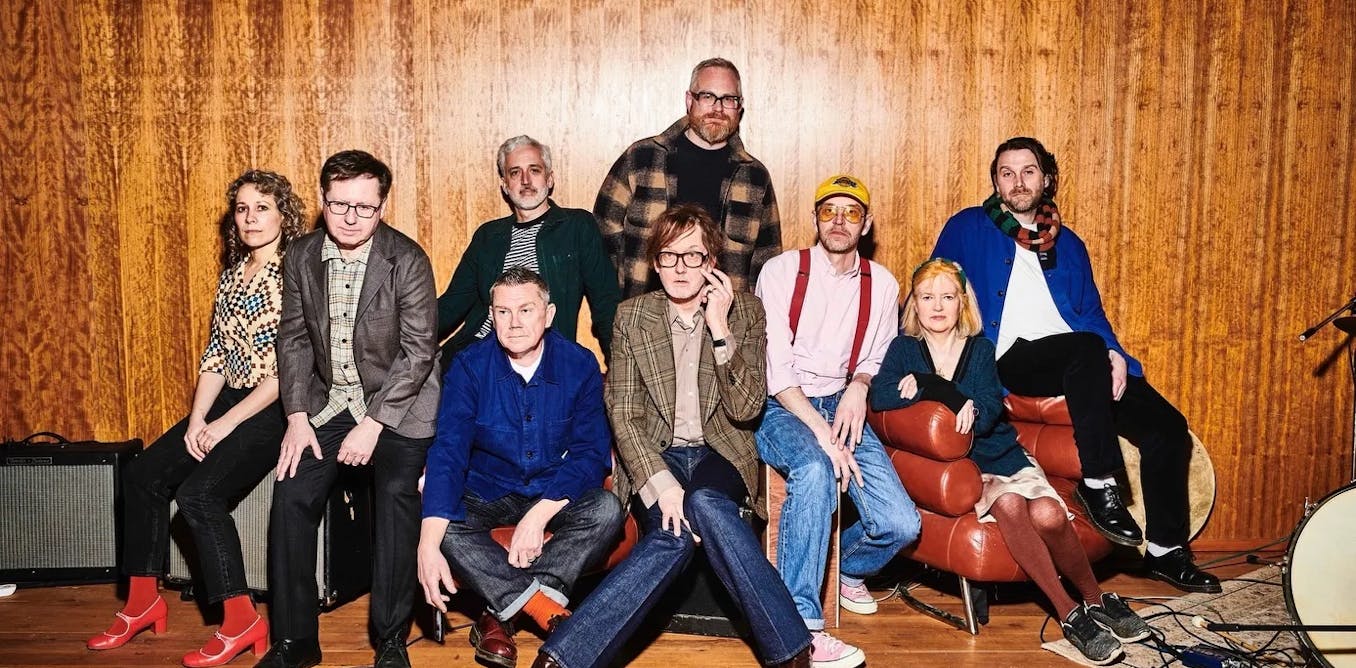
The post “Pulp are back and more wistfully Britpop than before” by Mark RJ Higgins, PhD Candidate, Department of Music, University of Bristol was published on 05/29/2025 by theconversation.com







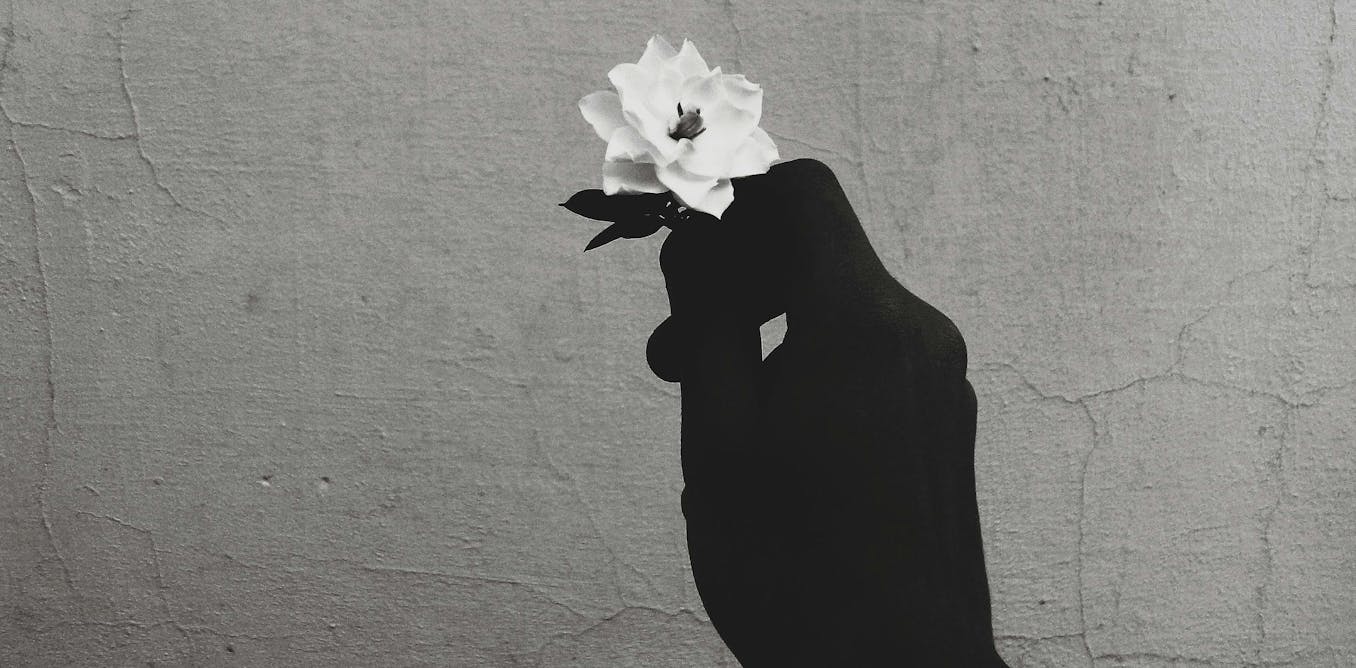





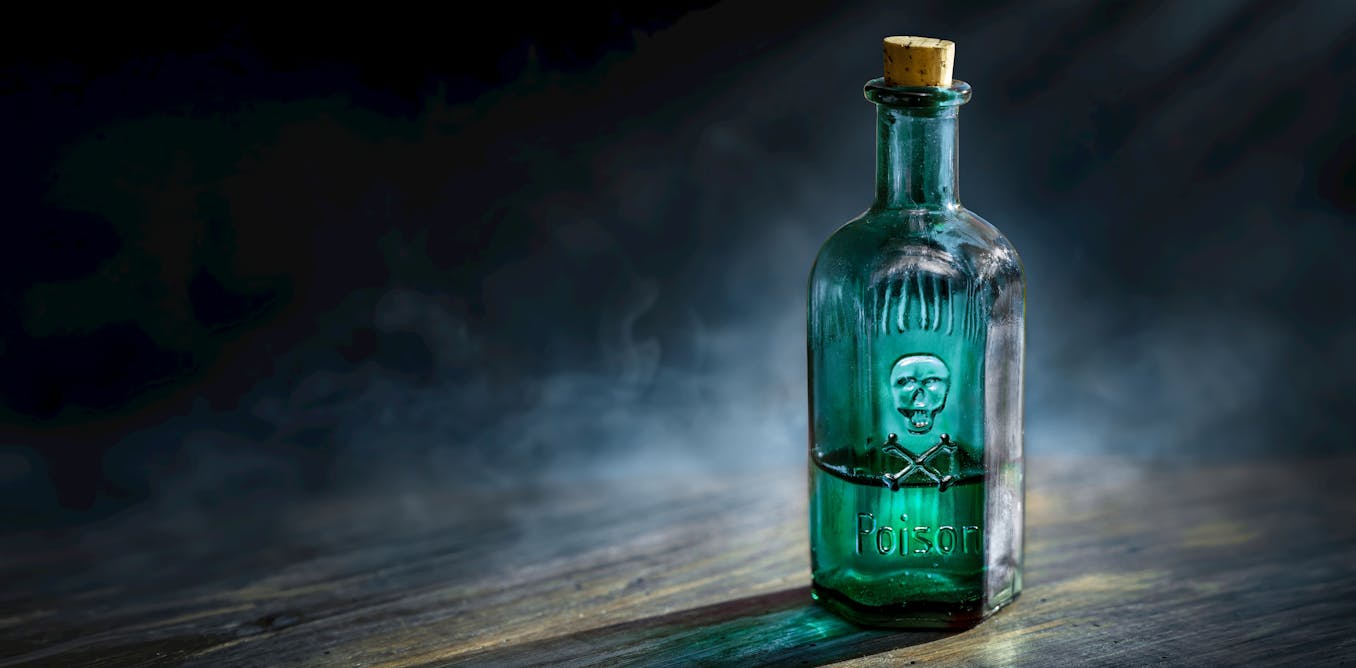










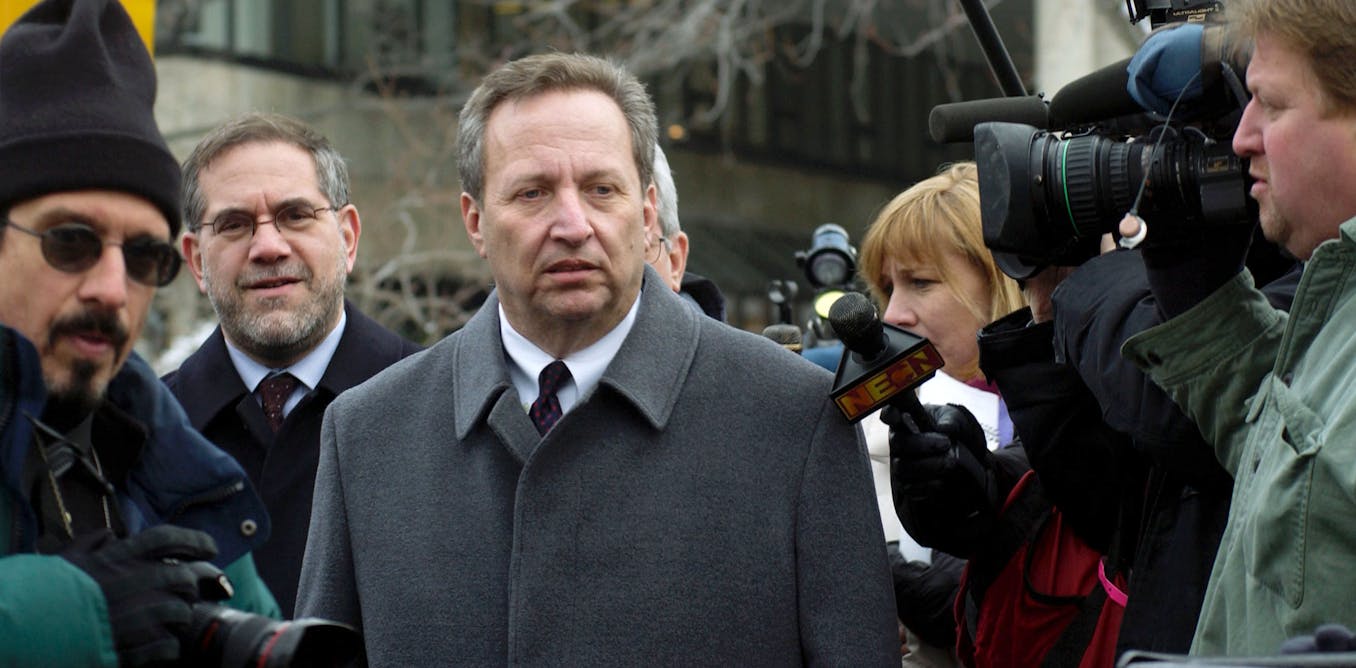











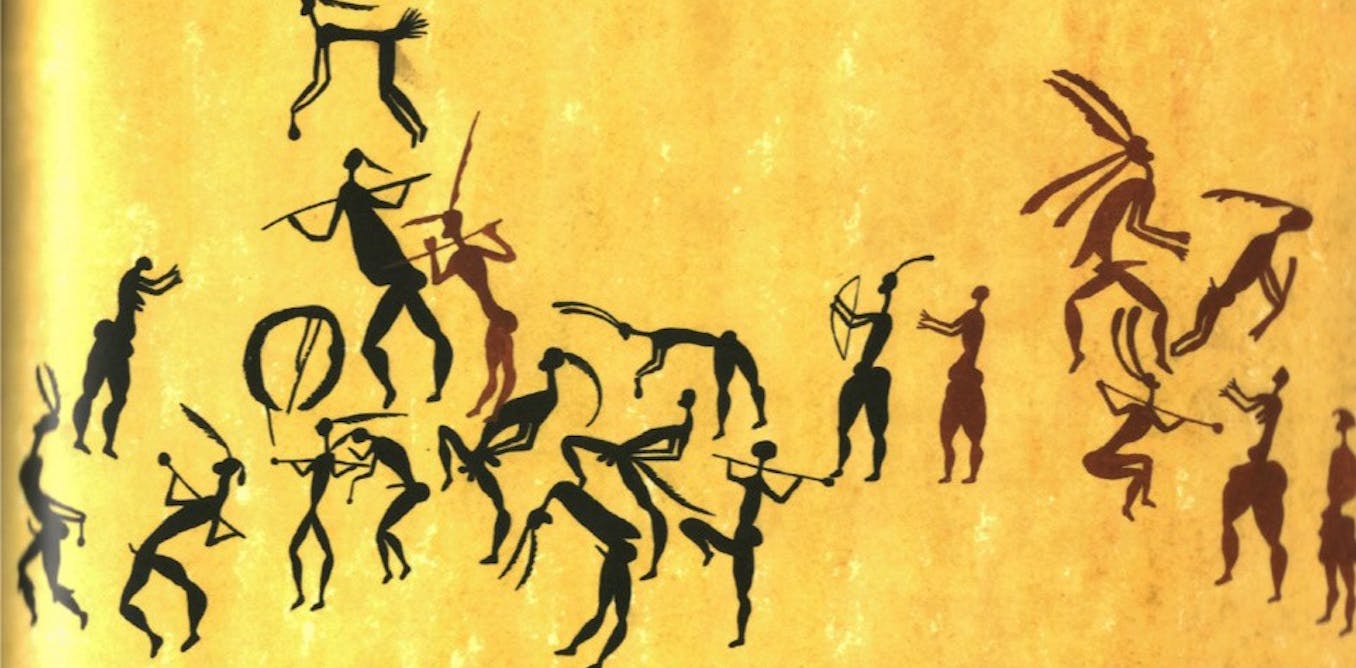

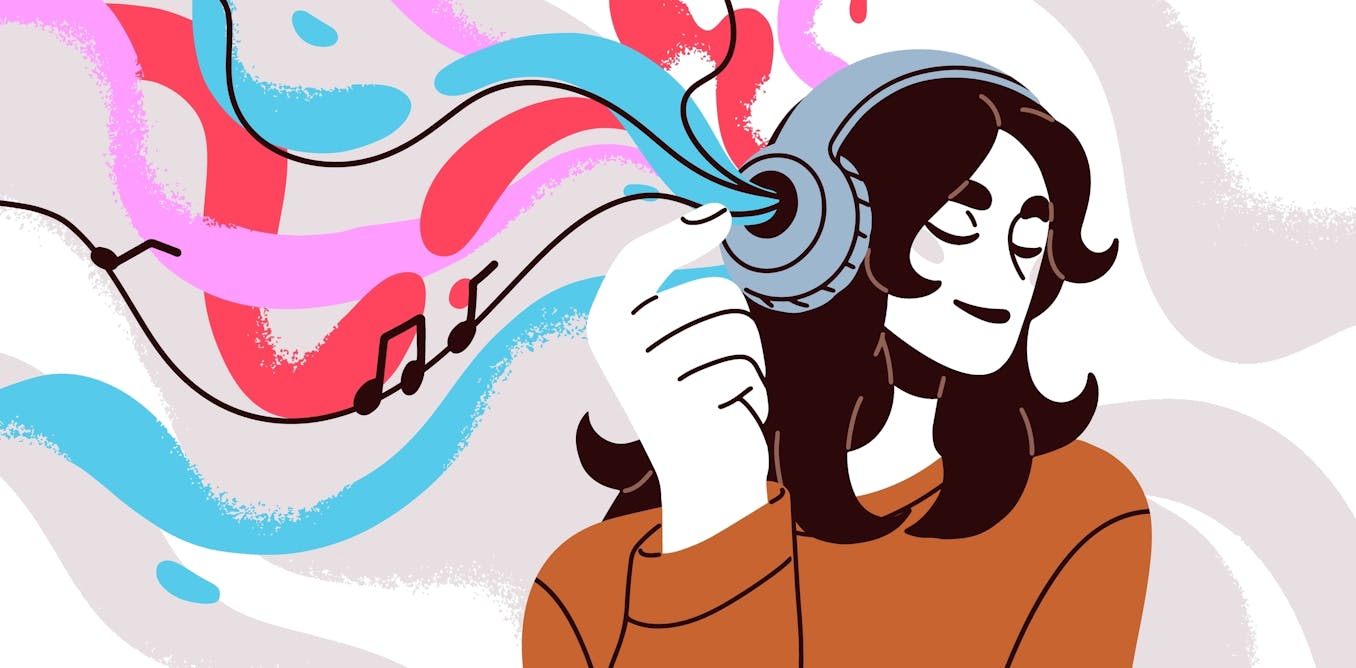
Leave a Reply